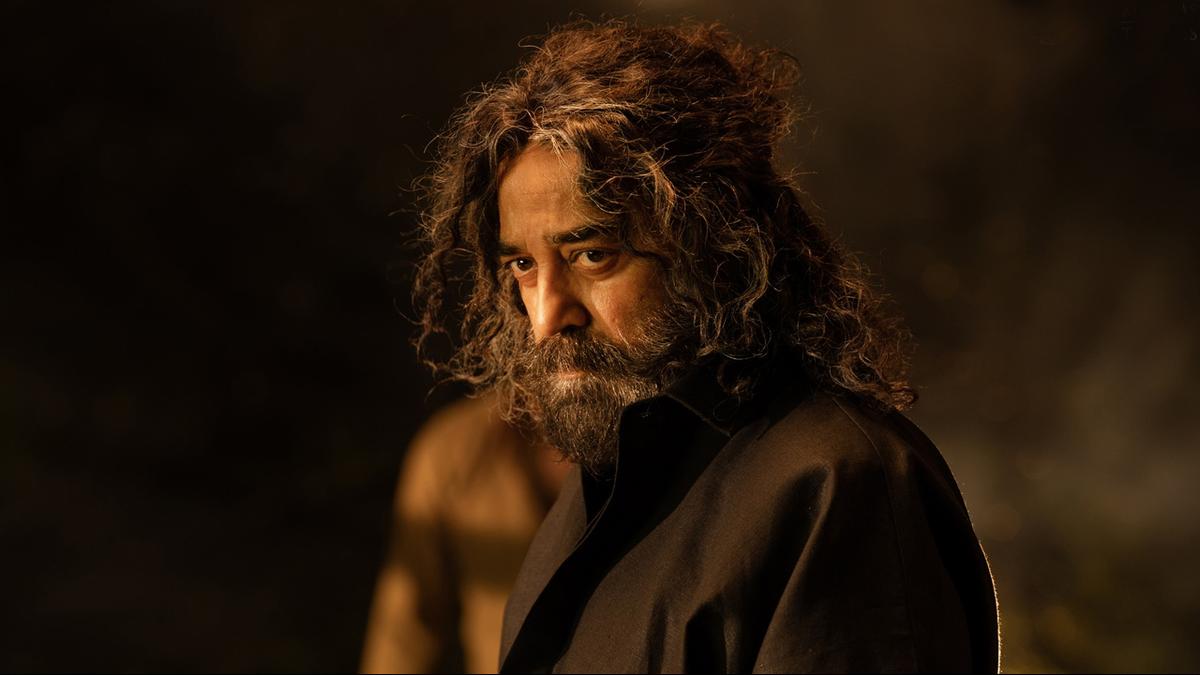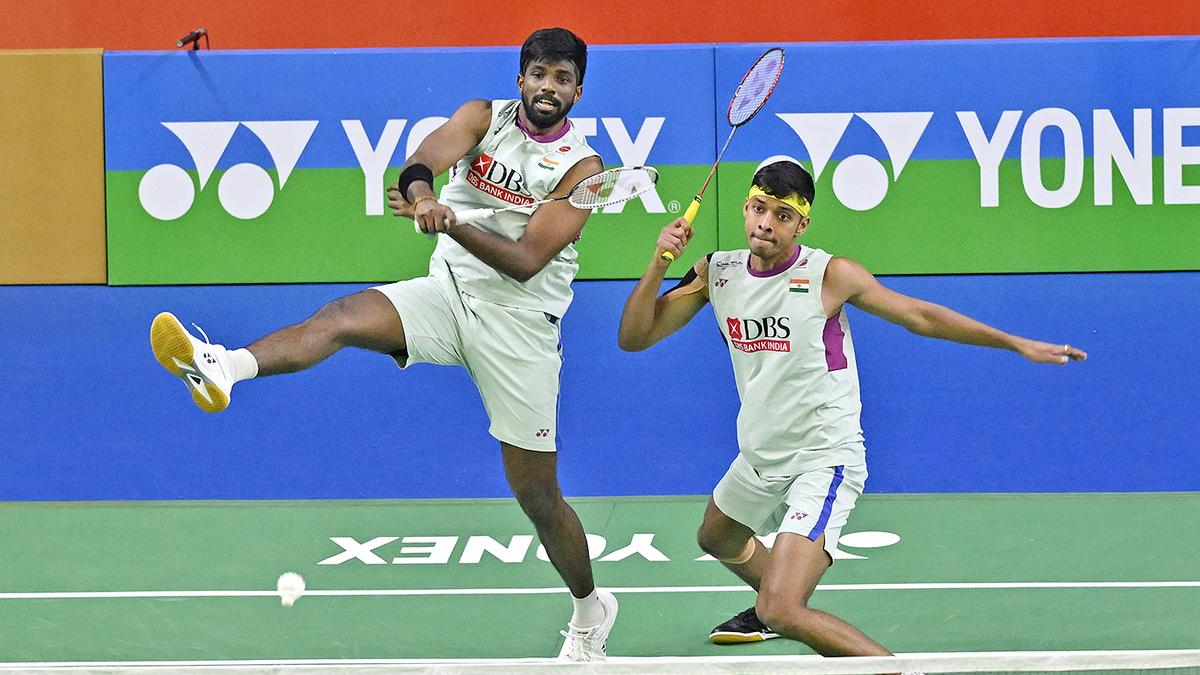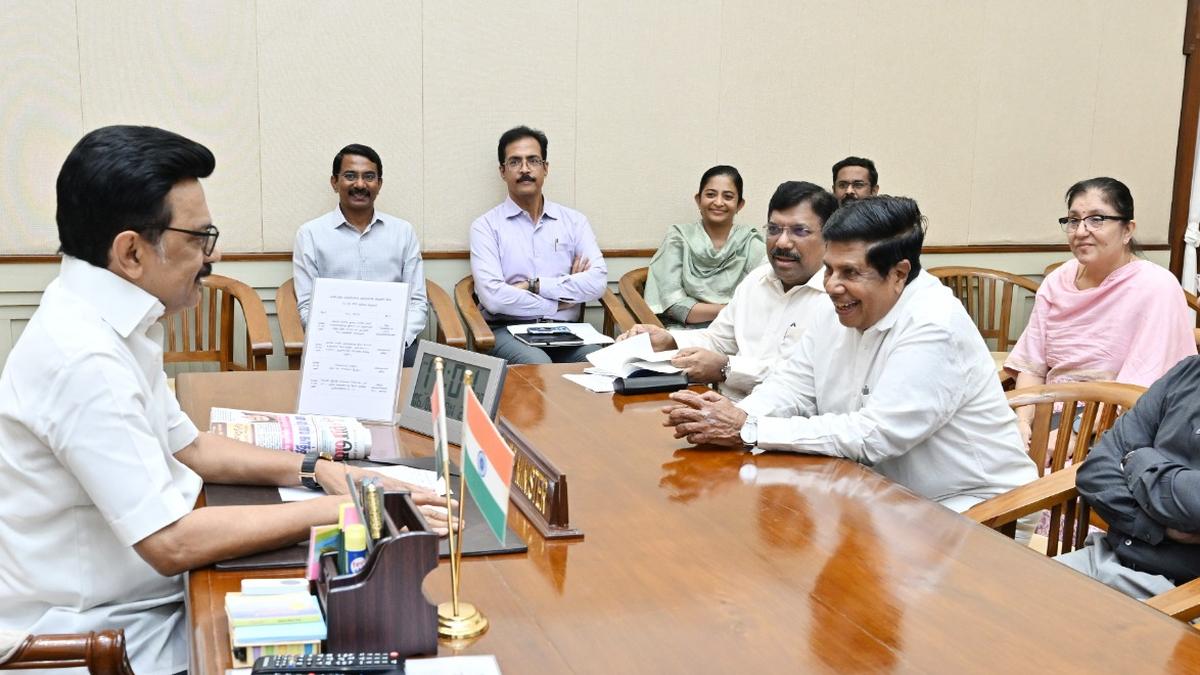Now Reading: Kamal Haasan Petitions Karnataka High Court for ‘Thug Life’ Release Amid Boycott Demands
-
01
Kamal Haasan Petitions Karnataka High Court for ‘Thug Life’ Release Amid Boycott Demands
Kamal Haasan Petitions Karnataka High Court for ‘Thug Life’ Release Amid Boycott Demands

Quick Summary
- The makers of the Tamil film Thug Life, starring Kamal Haasan and directed by Mani Ratnam, have filed a plea in the Karnataka High Court to ensure its release in karnataka.
- The film is scheduled for worldwide release on June 5, 2025, but faces boycotts due to a controversial remark made by Kamal Haasan.
- During the audio launch on May 24, Kamal Haasan stated that “Tamil gave birth to Kannada,” causing backlash from Karnataka groups and BJP leaders who accused him of hurting sentiments.
- The Karnataka Film chamber of Commerce (KFCC) has demanded an apology from Kamal haasan and announced it will not screen Thug Life until he apologizes.
- Raajkamal Films International contended that the statement was taken out of context and aimed at fostering camaraderie between Tamil Nadu and Karnataka.Kannada superstar Shivarajkumar defended Kamal’s respect for Kannada culture.
- Failing police intervention requests to prevent disruptions during screenings, Raajkamal Films moved the HC to seek judicial resolution for fair release in Karnataka.
- The film was produced on a Rs 300 crore budget with music by A R Rahman and stars Silambarasan TR, Trisha, Ashok Selvan, and Joju George alongside Kamal Haasan.
Indian Opinion Analysis
The dispute over Kamal Haasan’s remarks underlines linguistic sensitivities between neighboring states like Tamil Nadu and Karnataka.While his comment might have been intended as cultural appreciation or camaraderie, public reception framed it within differing ancient interpretations tied closely to identity politics surrounding languages in India-highlighting how nuanced words can inadvertently inflame tensions.
With high-stakes investments riding on major productions like Thug Life, such controversies could strain relations between regional industries if unresolved diplomatically or legally. Filmmakers increasingly face challenges balancing freedom of expression with avoiding offense amid diverse audiences across Indian states.
The case’s implications extend beyond cinema-underscoring judicial roles in mediating economic interests against socio-cultural disputes sparked by influential personalities like artists or actors navigating shared yet distinct linguistic landscapes.






















